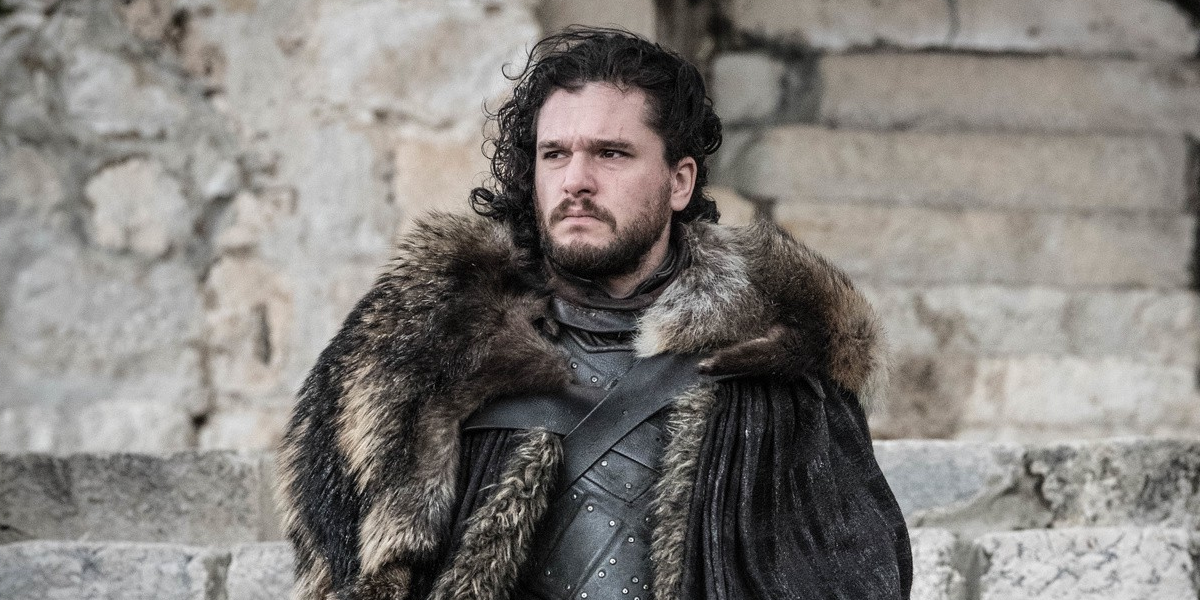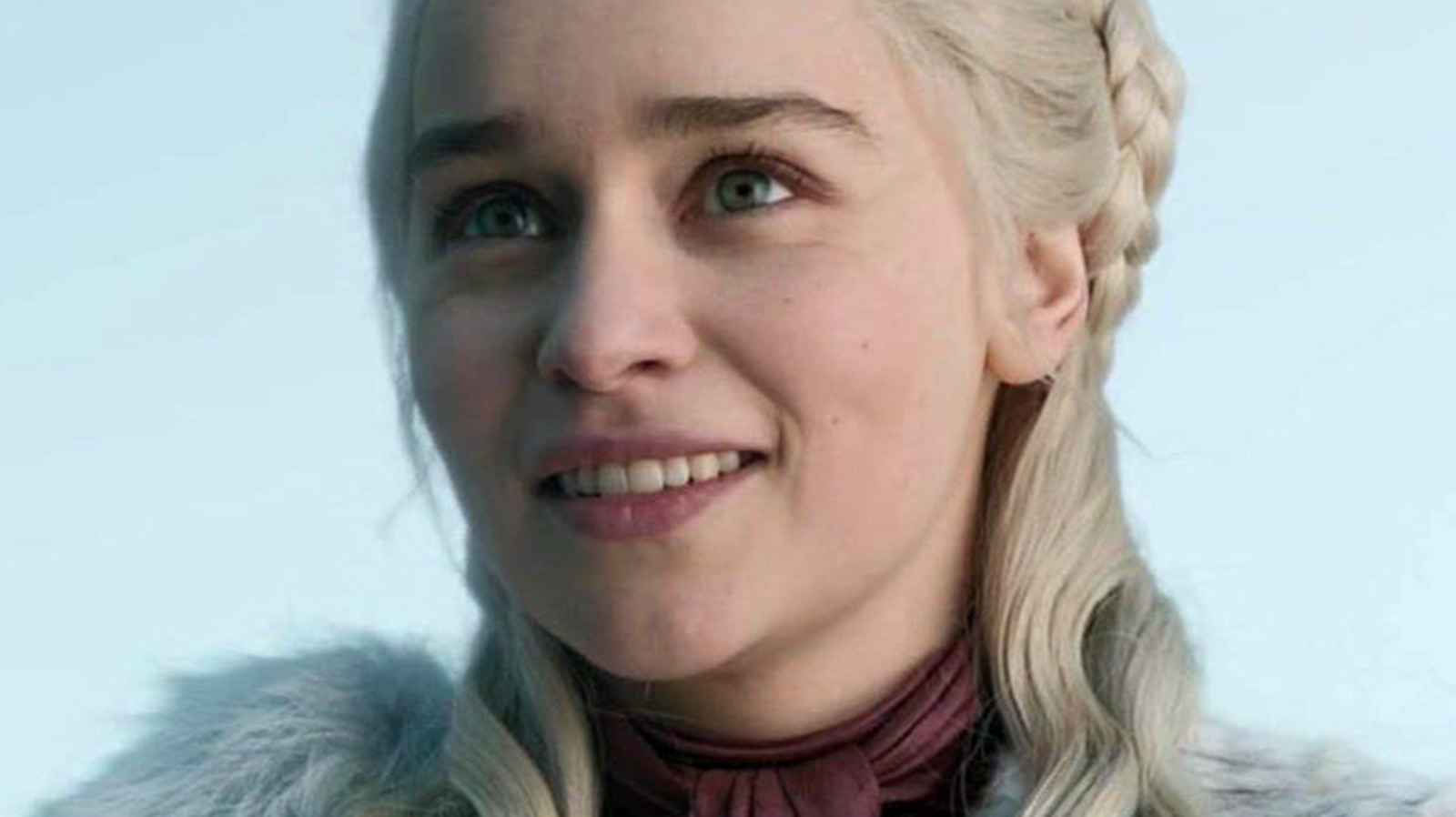

Unlike some viewers, I don’t object to some of Game of Thrones’ big concluding plot points per se.
Game of thrones ending series#
And the politics of the show, a key part of what made it feel so different and fresh way back in 2011, completely fell apart - to the point where it was impossible to treat the series as having anything like verisimilitude. In one episode, Euron pretty easily killed one of Dany’s dragon with a well-aimed ballista, but in the next episode, no one could seem to hit the sole dragon that remained. Battles were decided purely by narrative convenience. People did things because the plot required them to, not because their actions were consistent with their past behavior. In its final season, Game of Thrones dispensed almost entirely with trying to make sense of its characters’ internal motivations - let alone the complex political reality that its psychological realism initially helped create. Jon Snow returns to the Night’s Watch, which no longer has any reason to exist, and then maybe-possibly defects to the wildlings? And Arya Stark, for no real reason, decides to become Christopher Columbus.

Sansa Stark wins independence for the North without so much as an argument from any of other assembled lords. The resolution to the defining conflict of the series - the battle for the Iron Throne and the future of the Westerosi monarchy - is essentially determined by Tyrion Lannister making an impassioned speech.

Maybe that’s why Game of Thrones’ final episode, “The Iron Throne,” felt like such a personal slap in the face. After I graduated and became a journalist covering global affairs, I started writing about the show professionally - publishing piece after piece after piece on how it related to and illuminated the real-world workings of global politics. Part of what captivated me about the show (and the books it was based on) was its political realism: The nuanced motivations of the Seven Kingdoms’ leading players, the mundane workings of the Small Council, and the long history of Westerosi conflict and how it shaped the protagonists’ worldviews. When Game of Thrones premiered, all the way back in 2011, I was a graduate student studying international relations.


 0 kommentar(er)
0 kommentar(er)
